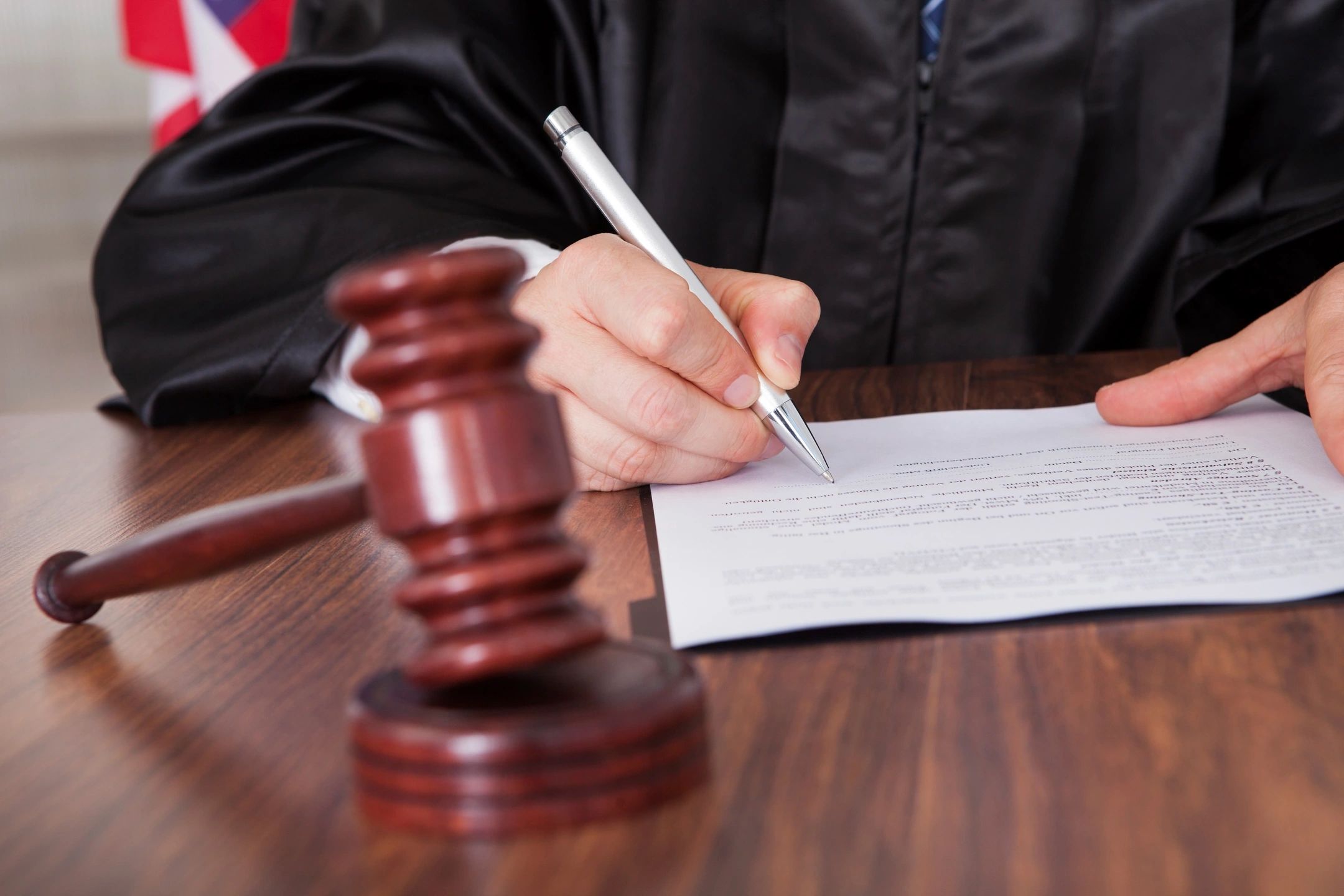
How Is Accident Compensation Determined?
March 22, 2021
Filing for Bankruptcy During COVID-19
March 22, 2021A person who makes a will often name the person they want to become the executor of their estate once they die. The executor becomes responsible for carrying out the wishes of the testator to the best of their ability. Questions sometimes arise as to whether an executor has the right to change portions of a will after a testator dies.
Can Executors Change the Provisions of a Will?
The short answer to this question is no. The executor bears the responsibility to honor the testator’s wishes. They are also required to act in the best interest of beneficiaries. Permission from heirs is necessary before the wishes expressed by the testator are altered in any way.
Only beneficiaries can change a will through a deed of variation. However, an executor cannot take this step on his or her own. The signature of every beneficiary whose inheritance becomes affected by the deed is necessary. It is also worth noting that an executor cannot eliminate any beneficiary of a will by drafting a deed of variation.
What Situations Can Change the Distribution of a Will?
Executors do not have the power to change or override the provisions of a will on their own. But this fact does not mean there will not be times when it becomes necessary to change a will. First, there are situations when it is simply impossible to carry out the wishes expressed by a testator.
One example is when a property was left to a beneficiary that the testator did not own at the time of death. When no change is made through basic estate planning services at the time the testator gives up ownership of the property, the executor will have to account for the change.
When a person dies with debt, it may become necessary for their estate to settle the debt before asset distribution can begin. A large amount of debt may cut into the inheritance of beneficiaries. The executor is required to distribute the assets that remain after debt payment in the priority expressed in the will.
When the provisions of a will are vague, it may become necessary for the executor to make interpretations. An example is a will that states possessions should be equally divided amongst two children. This provision is not complicated if money is the only asset left behind. But when clothes, jewelry, and furniture are part of the equation, an equal division becomes more problematic.
Who Has the Final Say?
The final say enjoyed by the executor of a will is conditional to their obeyance of the law. Executors are legally bound to following the instructions of a testator as closely as possible. It is also illegal for executors to act against the best interest of the estate and the beneficiaries. When executors follow instructions, there is no challenge to their actions.
When Executors Do Not Comply with a Will
Beneficiaries have the right to access a record of an estate’s transactions. Beneficiaries can request to see this record once the asset distribution process is complete. This check-up will leave no doubt as to whether an executor executed the last wishes of the testator.
Executors that do not follow instructions may find themselves answering for their actions in a probate court. A successful petition may put a stop to a decision made by an executor. The petition may also reverse a poor decision already made by the executor.
It is essential to understand that the court respects the testator’s choice of executor. This fact means the executor will enjoy a certain level of protection in a probate court.
Conclusion
As a rule of thumb, an executor is not allowed to make changes to a will unless all beneficiaries agree to the changes. There are special cases in which the executor may make some changes to ensure a fair asset distribution among beneficiaries, especially when debt is involved. If an executor tries to make other changes to the will, the changes can be challenged in a probate court. But to avoid such unpleasant surprises, when making a will, testators should contact a law firm that offers basic estate planning services first.





